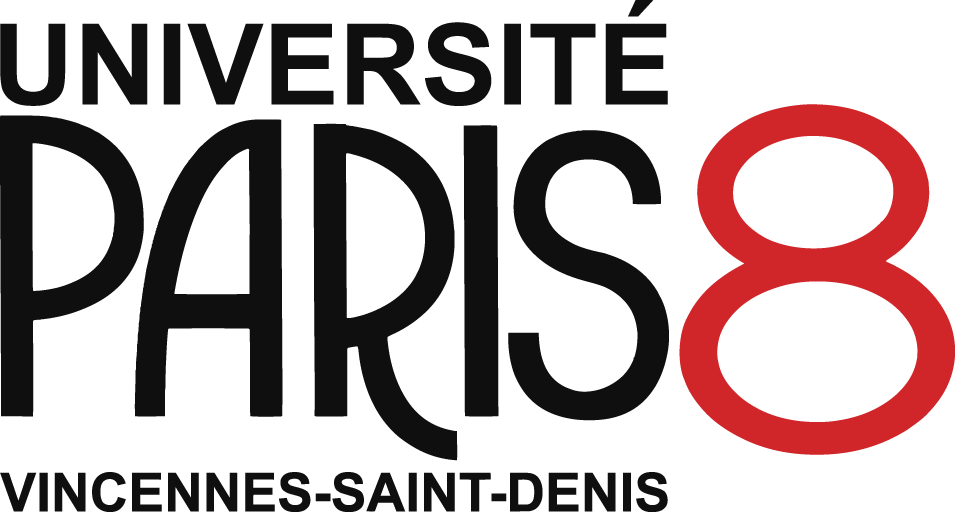Un « logogriphe » romantique : Pandora de Nerval
Résumé
The contingencies of Pandora’s publication in Le Mousquetaire have made the novella, according to Nerval’s own term, a “logogryph”,, that
is, not only a “chimeric” creature, “born of the dreams of a sick person”, Horace would say, but a “monstrous” construction of language itself. This
article studies, in the arrangement of manuscripts and in the interplay of intertextual references, the mode of composition of Pandora,, which is both
paratactic and rhapsodic, and which is valid as the expression of a “supernaturalist” imagination.
Les aléas de la publication de Pandora dans Le Mousquetaire ont fait de la nouvelle, selon le terme même de Nerval, un “logogriphe”, c’est-à-dire
non pas seulement un être “chimérique”, “né des songes d’un malade”, dirait Horace, mais une construction “monstrueuse” du langage lui-même. Cet article étudie donc, jusque dans la disposition des manuscrits et dans le jeu des renvois intertextuels, le mode de composition de Pandora : celui-ci est à la fois paratactique et rhapsodique, et il vaut comme l’expression d’une imagination “supernaturaliste”.
Origine : Fichiers produits par l'(les) auteur(s)
